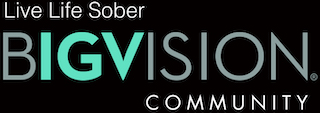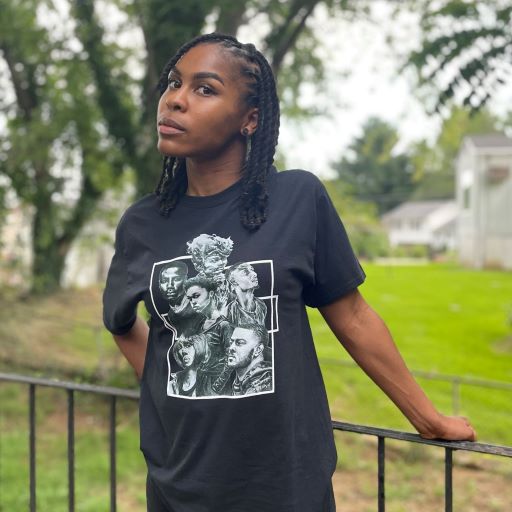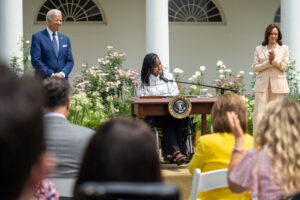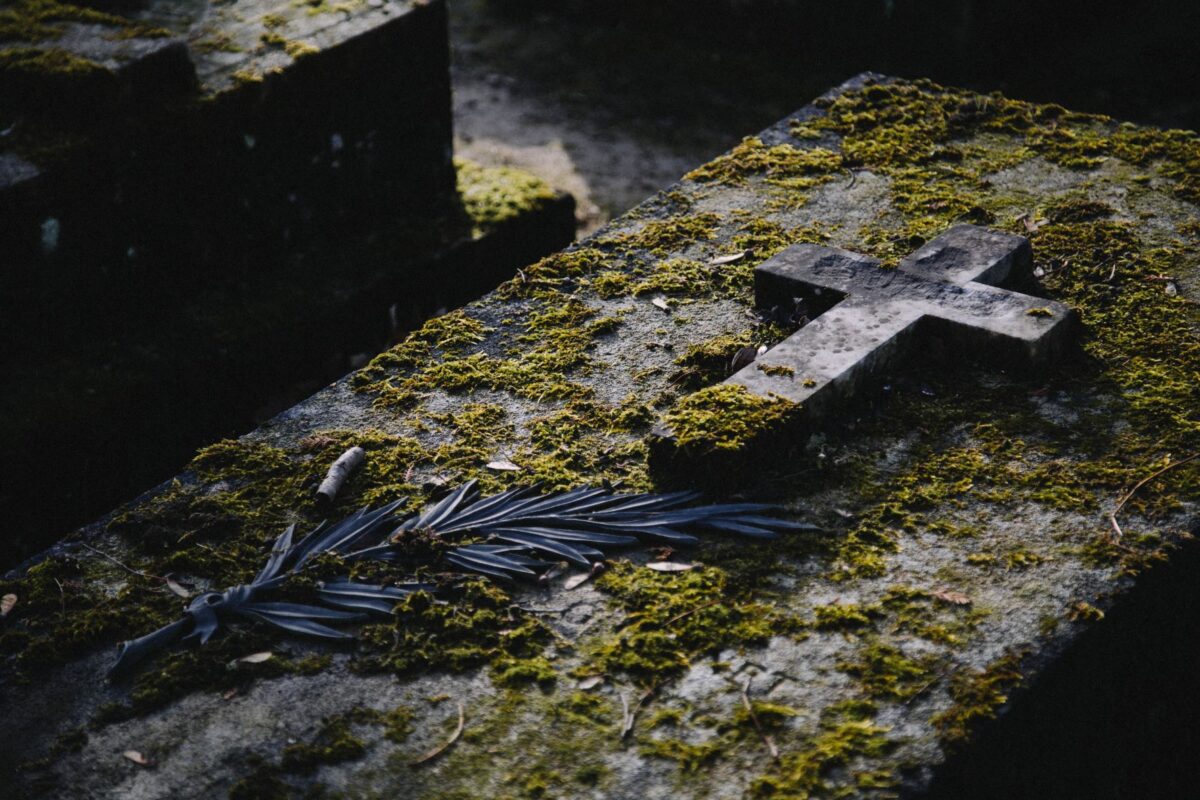Joy In Sobriety
Easy access to alcohol and other substances can lead many people down a path to addiction more quickly than ever before. Even after seeking and completing treatment processes for these addictions, maintaining sobriety can be an isolating journey, as many modern-day social scenes and public spaces encourage drinking and drug usage. To a recovering addict, the world can seem overloaded with triggers. As Eve Goldberg describes on this podcast, her son, Issac, felt an internal void after completing his rehabilitation process, as he felt he might never socialize or live normally again.
In 2014, Isaac died of an accidental drug overdose. Eve knew what was missing from Isaac’s life was a connection with other people who wanted to live in sobriety: people who wanted to have fun while sustaining their recovery. After his death, she acted to create this community.
On this podcast, Barbara Glickstein, RN, speaks with Eve Goldberg about challenges to sobriety, particularly for young people. Eve is the founder of the not-for-profit organization, BigVision, which works to support recovering addicts in a completely substance-free environment.
This interview first aired on HealthCetera in the Catskills on WIOX Radio on July 28, 2021.

Podcast: Play in new window | Download
Easy access to alcohol and other substances






